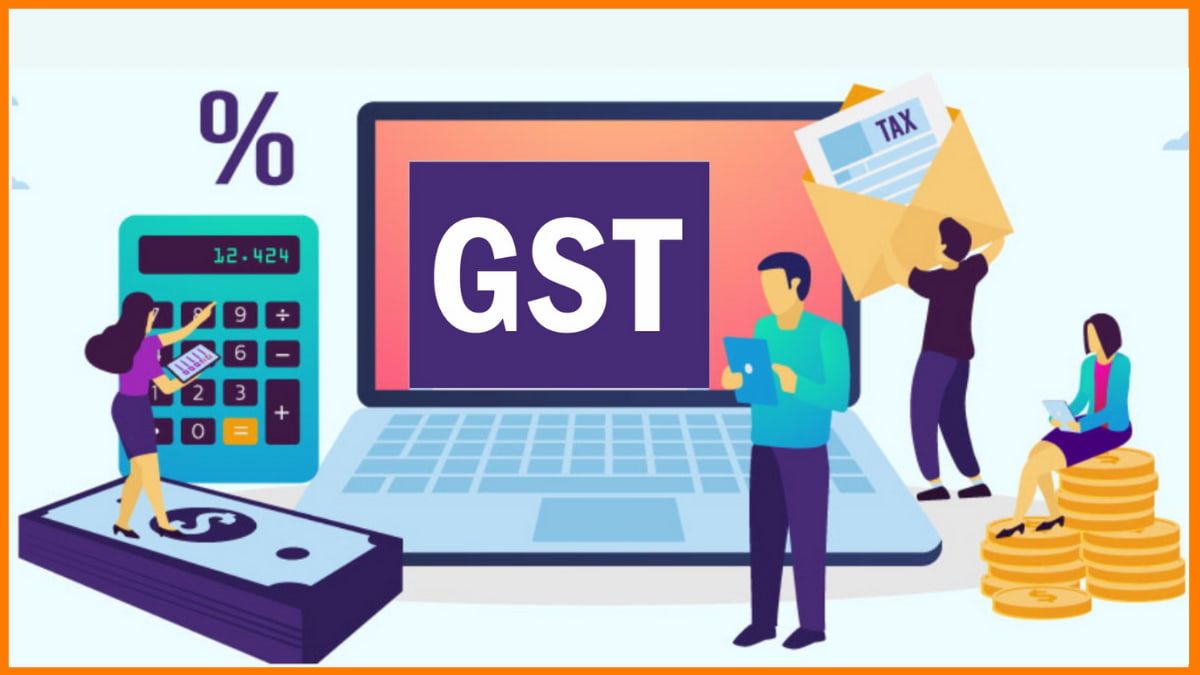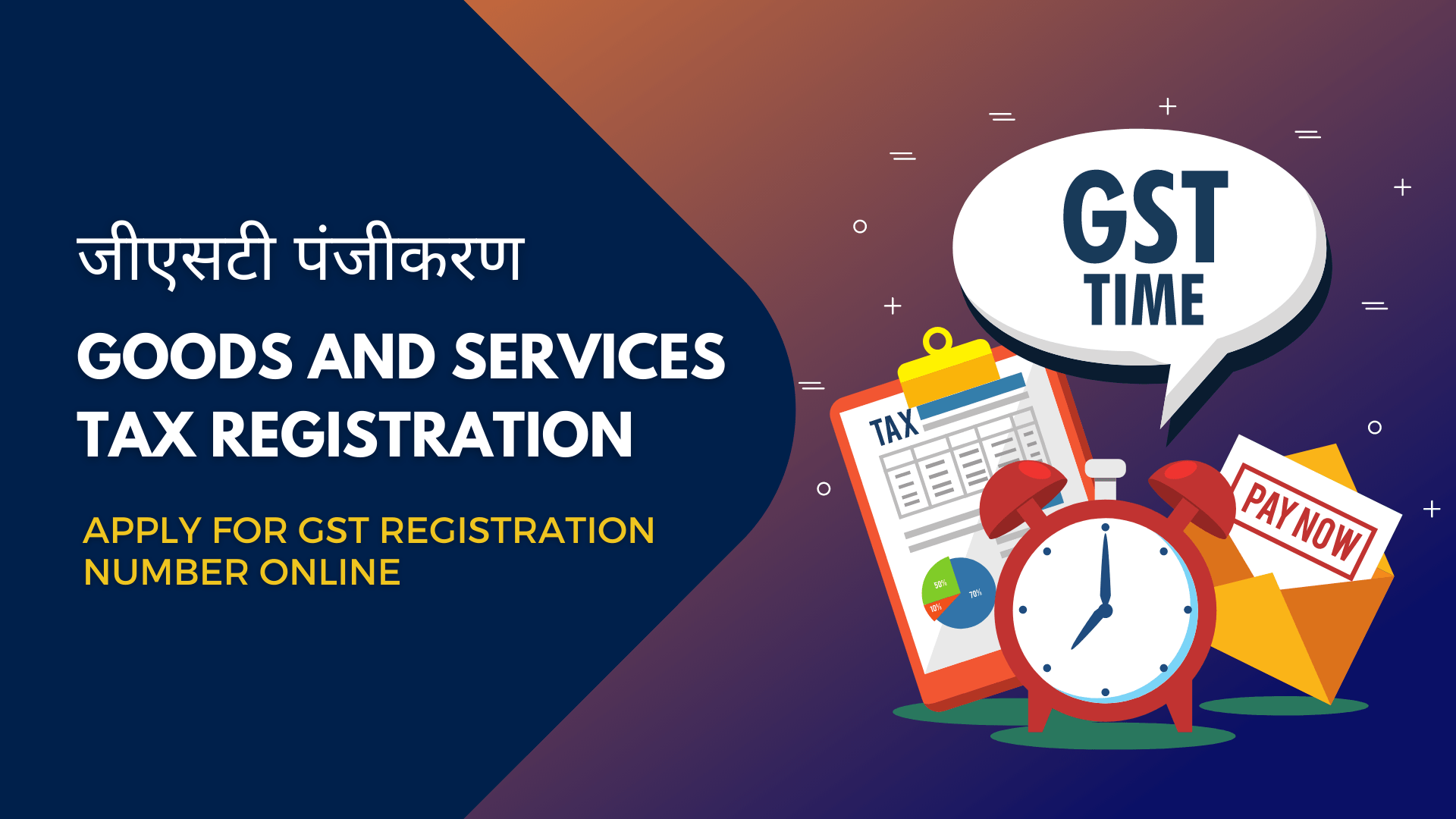Complete Checklist for Effective Singapore GST Registration
Complete Checklist for Effective Singapore GST Registration
Blog Article
The Ultimate Overview to Streamlining the GST Registration Refine and Demands for Local Business Owners

Recognizing GST Fundamentals
To comprehend the fundamentals of the Product and Solutions Tax Obligation (GST) system, tiny organization owners must initially understand its underlying effects and principles. Under the GST program, services are needed to collect and register tax on part of the federal government, ensuring transparency and compliance.
One of the vital principles of GST is input tax credit history, which permits services to claim credit for taxes paid on their acquisitions. Understanding these standard concepts is vital for small company owners to browse the complexities of the GST system and guarantee conformity with the legislation.
Qualification Requirements for Enrollment
Having established a foundational understanding of GST principles, little organization proprietors must currently satisfy certain eligibility requirements to wage the registration process. In India, entities engaged in the supply of goods or services with a yearly accumulation turnover exceeding Rs. 40 lakhs (Rs. 10 lakhs for unique category states) are called for to sign up for GST. In addition, particular businesses such as those associated with inter-state supply of items, casual taxable individuals, and those required to pay tax obligation under the reverse fee device should sign up for GST regardless of their turn over. In addition, services that were registered under the previous tax regimen (VAT, service tax, and so on) are additionally mandated to sign up under GST. Nevertheless, agricultural companies that only supply create out of main production are exempt from GST registration. It is essential for company owner to carefully analyze their eligibility based upon these requirements to make sure compliance with the legislation and prevent any charges for non-compliance.
Documents Required for GST Registration

Simplified Registration Process Steps
Following the collection and confirmation of the requisite documents, the registration procedure for GST can be browsed through a collection of simplified steps created to help with reliable compliance for little organization proprietors. The very first step involves seeing the GST site and choosing the 'New Registration' alternative. Subsequently, the candidate should fill in Part A of the GST REG-01 type with information such as PAN, mobile number, and email address to obtain an OTP for verification. Once the OTP is gotten and gotten in, a Temporary Referral Number (TRN) is generated for more procedures. The next action needs loading out Component B of the kind with essential organization information, publishing sustaining papers, and completing the confirmation procedure utilizing wikipedia reference DSC or EVC. Finally, upon successful confirmation, an Application Recommendation Number (ARN) is issued, suggesting the completion of the GST enrollment process. By following these streamlined actions, local business proprietors can successfully register for GST and make certain conformity with tax laws.
Tips for Ensuring Conformity
To maintain regulative adherence and operational honesty, persistent oversight and proactive procedures are essential in making certain compliance with GST requirements for small service proprietors. Small business proprietors have to stay updated with GST policies, filing target dates, Clicking Here and any type of adjustments in tax prices to stay clear of penalties and preserve an excellent standing with tax obligation authorities. Attending GST recognition workshops or training programs can boost understanding and compliance with GST guidelines, ultimately profiting the company in the long run.
Final Thought
To conclude, small company owners need to recognize the essentials of GST, satisfy the eligibility requirements, collect essential files, and comply with the simplified registration process steps to make certain conformity. By streamlining the GST registration procedure and needs, small company owners can stay clear of charges and operate their companies smoothly within the lawful structure - Singapore GST Registration. It is critical for small company proprietors to remain compliant and informed with GST laws to preserve an effective company procedure
Small business proprietors looking for GST registration need to guarantee they collect and send the needed papers to complete the registration procedure efficiently. The records needed for GST registration typically include evidence of company registration or incorporation, PAN (Permanent Account Number) card of the business address, identity and entity evidence of the promoters/partners/directors, photos, address proof of the place of organization, bank account statements or canceled cheques, and consent forms. Participating in GST understanding workshops or training programs can enhance understanding and compliance with GST policies, eventually profiting the business in the long run.
By simplifying the GST enrollment process and requirements, small company proprietors can prevent penalties and operate their companies smoothly within the legal structure. It is essential for small company proprietors to remain compliant and informed with GST guidelines to preserve a successful company procedure.
Report this page